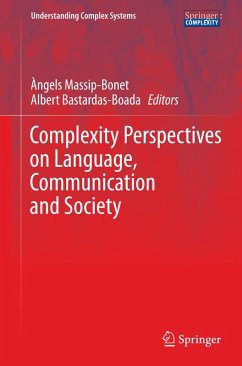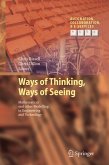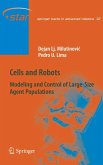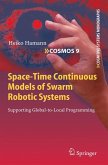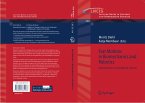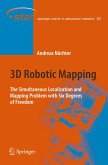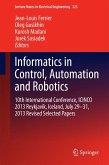New complexity approaches allow us to rethink our limited and mechanistic images of human societies and create more appropriate emo-cognitive dynamic and holistic models. We have to enter into dialogue with the complexity views coming out of other more 'material' sciences, but we also need to take steps in the linguistic and psycho-sociological fields towards creating perspectives and concepts better fitted to human characteristics.
Our understanding of complexity is different - but not opposed - to the one that is more commonly found in texts written by people working in physics or computer science, for example. The goal of this book is to extend the knowledge of these other more 'human' or socially oriented perspectives on complexity, taking account of the language and communication singularities of human agents in society.
Dieser Download kann aus rechtlichen Gründen nur mit Rechnungsadresse in A, B, BG, CY, CZ, D, DK, EW, E, FIN, F, GR, HR, H, IRL, I, LT, L, LR, M, NL, PL, P, R, S, SLO, SK ausgeliefert werden.

